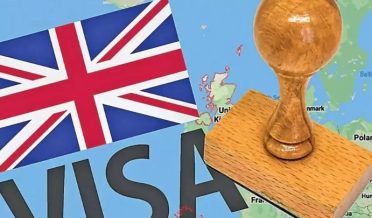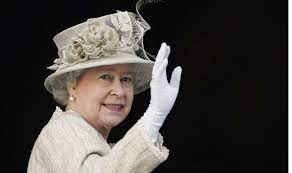Thursday 7 May 2020 should have been local election day in England and Wales. Parliament passed emergency legislation to delay the elections because of the ongoing corona virus pandemic.
Now, local elections in the UK are expected to be held on 6 May 2021 in 184 English local councils and for thirteen directly elected mayors in England and 40 police and crime commissioners in England and Wales. There are also elections in the parliaments and assemblies of Scotland, Wales and London, the last in conjunction with the London mayoral election.
The local elections in May 2019 across most councils in England saw the ruling Conservative Party suffer significant losses to the Liberal Democrats, who regained councils they lost to the Conservatives in 2015. The Labour Party, despite making some gains, had a net loss of over eighty seats in areas that had traditionally voted for them, particularly to independent candidates. Local elections also took place at the same time in Northern Ireland, which saw a rise in the Alliance Party’s representation across the region. At the 2019 European Parliament election in the United Kingdom, a few weeks after, the Conservatives had their lowest share of the vote in a nation-wide election in their history, with the Brexit Party and the Liberal Democrats coming first and second, respectively.
On 12 December 2019, the UK had a snap general election that led to the Conservative party winning a majority of eighty in the House of Commons, while the Labour Party achieved their worst share of the seats since the 1935 general election. Following the election result the leader of the Labour Party Jeremy Corbyn announced he would be stepping down from his position, though remain an MP. The result of the leadership and deputy leadership were unveiled on 4 April. Keir Stammer was elected leader of the party and Angela Rayner was elected as deputy. The Liberal Democrats will also have a leadership election after Jo Swinson lost her seat in the general election. During this period, the party’s Deputy Leader Ed Davey and party President Mark Pack will act as co-leaders. Though the election was supposed to take place in July, because of the COVID-19 outbreak they delayed it till May 2021.
From December 2019 a pandemic of a new strand of coronavirus began in mainland China and spread across the world from February 2020. On 1 March Health Secretary Matt Hancock issued a warning that “all options” were being considered for handle the quarantine in the UK if the virus spread further, including delaying the local elections, for the first time since the 2001 elections which were delayed by a month due to the foot-and-mouth outbreak. On 12 March, the Association of Electoral Administrators asked the government to consider postponing the elections should the situation in the UK get worse coming close to May. The same day, the Electoral Commission recommended that the elections be delayed till the autumn.
A day later, Prime Minister Boris Johnson decided to postpone the 2020 UK local elections until May 2021. This decision was legislated for in the Coronavirus Act 2020, which was enacted on 25 March. The bill gave the government the power to postpone any elections, such as by-elections. To preserve the four-year electoral cycle, those elected in 2021 will serve three-year terms.
In England, all residents of the areas covered that are 18 years or over and are a British or Irish citizen, a qualifying Commonwealth citizen, or a citizen of the European Union would have been eligible to vote. A resident can be registered to vote in two different local authorities, such as a student, they may vote in both. In Wales, all residents that are 16 years or over and are registered to vote, regardless of citizenship, will be eligible to vote.
Because this wave of local elections incorporates different positions, voters will use different voting systems to elect politicians. Councillors will be elected using First Past the Post, meaning that the councillor with the most votes in a ward is elected. Councils having “all-up” elections will have block voting, where voters have a vote for each seat the ward represents, and the top councillors are elected. All mayors of England and Police and Crime Commissioners of England and Wales are elected using the supplementary vote system, which means voters select a first and second choice when they vote. If no candidate receives 50% of the vote, all except for the top two are eliminated. If your first-choice candidate is eliminated, and your second choice is for one of the top two, then your second choice is counted.
The Welsh and Scottish parliaments uses the Additional member system, or AMS (additional member system) This means voters vote once in single member constituency and once for party representation in the electoral region they are in. London uses two election systems, the Mayor of London is elected using the supplementary vote system, the London Assembly uses the additional member system.
Editor







